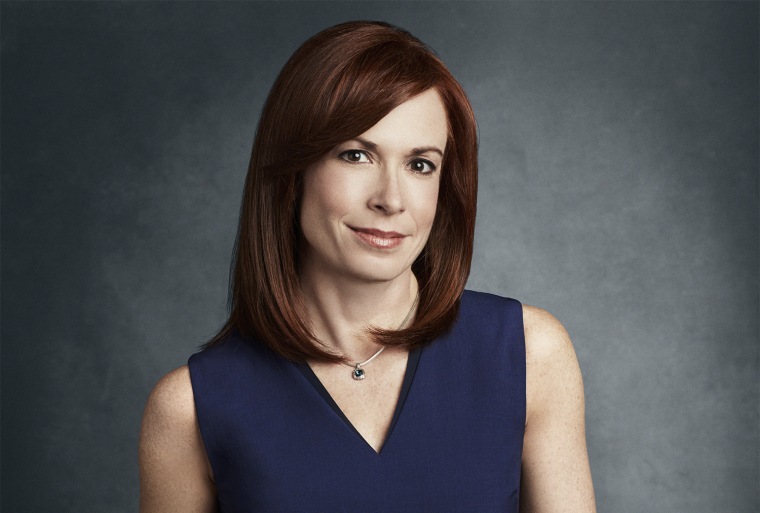Diana Olick, CNBC's real estate correspondent, has weathered the ups and downs of the market.
She bought her first home 23 years ago, when interest rates were sky high, around 9 percent. She had a good income, but the lender asked if her father would be co-signing, seemingly assuming a single woman would need help repaying the loan.
“That’s changed,” she told Know Your Value. “Lenders won’t do that anymore.”
But they will scrutinize your credit to be sure you can afford to buy. That’s because of the safeguards put in place after the subprime lending crash that started around 2005.
For women in particular, however, saving for a down payment to buy a home often takes longer because they earn less.
Olick now lives in Washington D.C. with husband Scott Gold and their 16-year-old twins. Olick, who follows real estate closely for CNBC, recently shared her insights with those hoping to buy or invest, trends in the rental market and how she manages to do “all things once.”
Know Your Value: How is 2019 shaping up for women to buy or invest in real estate?
Diana Olick: “From what we’re seeing, home sales are expected to be pretty flat. That said, if you’re in the market and you’re ready to buy, and you find something affordable, there’s no reason not to buy. You have to look at what’s right for you.
It is a pricey market in general, but not everywhere. Midwest towns like Cleveland can offer good deals. Properties in California, say around San Jose, not so much.
The good news is that mortgage interest rates are still pretty low. I know a lot of Millennials may look at the current 4.5 percent on the 30-year fixed loan and think it’s pretty high compared to being in the 3.5 percent for the last eight years.”
KYV: Do you think more needs to be done to encourage women to buy?
Olick: “I don’t know that women need special incentives to buy ... but if we could get our salaries more equal to men’s that would help a lot.
And in general, even though buying a home may not make you a ton of money, there are upsides: You build credit, you build generational wealth and you build security.”
KYV: How about the rental market … what are the trends there?
Olick: “The data tell us there are lots of luxury apartments being built, not so much mid-level or affordable units. That means demand is outstripping supply, and rents will keep rising. Occupancy rates right now are around 96 percent, which is very high. So it’s not like landlords need to offer you any bonuses to rent an apartment or stay.”
KYV: How do you balance home and career?
Olick: “When I started covering real estate as my beat, my twins were 1. There were times, especially during the foreclosure crisis, when I’d be asked to do daytime segments for CNBC and a live report for NBC Nightly News at night. If my nanny was off, I’d have the satellite truck come to my neighborhood, and ask my kids to sit quietly while I did live shots. They’ve been to a lot of studios, and they know what that’s about.
There have been times when I’ve scheduled shoots to be in proximity to their school events, which always seem to happen at 11 a.m.
I also try to just shut off from work. When we have dinner together, nobody (including my teenagers) brings their phone to the table. It is a tricky balance, no question.”
KYV: Is there anything else you’d like to tell our readers?
Olick: “I would say to young women, ‘Don’t feel you have to be married, kids, house in that order. It can be house, marriage, kids, or whatever combination you want it to be.’
I knew two sisters in their 20s who bought a townhouse. They rented one side, and lived in the other. They did very well with that investment.
Also, learn all you can about investing. I feel sometimes women think finances are for men to handle. Well, it definitely isn’t just for men. If we expect to be paid equally, and we expect to be respected in the workplace and climb up the corporate ladder, then we should have as much financial knowledge as any man out there. Take economics in college. Take financial planning classes online or at a community college.
And if you just want to dip your toe in, consider commercial real estate investment platforms that crowdfund. With as little as $500, they’ll help you invest in part of your community, and see returns. It’s a relatively safe way to start investing in real estate that lets you invest more as you become more comfortable.”
